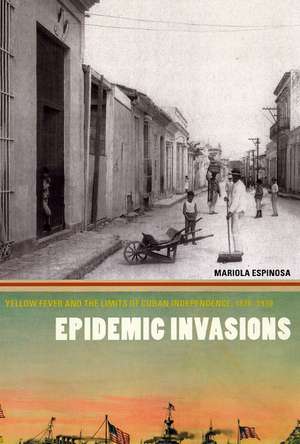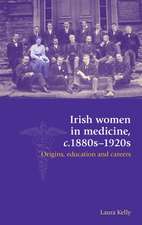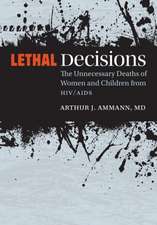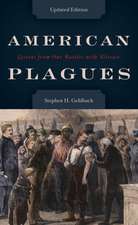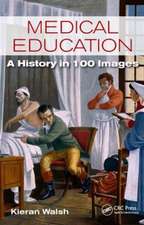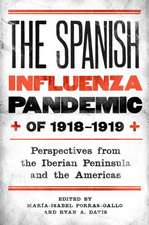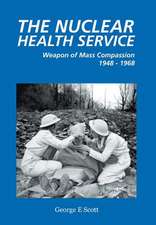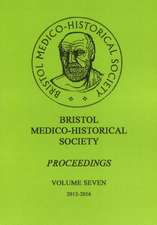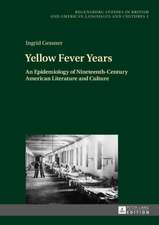Epidemic Invasions: Yellow Fever and the Limits of Cuban Independence, 1878-1930
Autor Mariola Espinosaen Limba Engleză Paperback – dec 2009
In the early fall of 1897, yellow fever shuttered businesses, paralyzed trade, and caused tens of thousand of people living in the southern United States to abandon their homes and flee for their lives. Originating in Cuba, the deadly plague inspired disease-control measures that not only protected U.S. trade interests but also justified the political and economic domination of the island nation from which the pestilence came. By focusing on yellow fever, Epidemic Invasions uncovers for the first time how the devastating power of this virus profoundly shaped the relationship between the two countries.
Yellow fever in Cuba, Mariola Espinosa demonstrates, motivated the United States to declare war against Spain in 1898, and, after the war was won and the disease eradicated, the United States demanded that Cuba pledge in its new constitution to maintain the sanitation standards established during the occupation. By situating the history of the fight against yellow fever within its political, military, and economic context, Espinosa reveals that the U.S. program of sanitation and disease control in Cuba was not a charitable endeavor. Instead, she shows that it was an exercise in colonial public health that served to eliminate threats to the continued expansion of U.S. influence in the world.
Yellow fever in Cuba, Mariola Espinosa demonstrates, motivated the United States to declare war against Spain in 1898, and, after the war was won and the disease eradicated, the United States demanded that Cuba pledge in its new constitution to maintain the sanitation standards established during the occupation. By situating the history of the fight against yellow fever within its political, military, and economic context, Espinosa reveals that the U.S. program of sanitation and disease control in Cuba was not a charitable endeavor. Instead, she shows that it was an exercise in colonial public health that served to eliminate threats to the continued expansion of U.S. influence in the world.
Preț: 235.84 lei
Preț vechi: 248.25 lei
-5% Nou
Puncte Express: 354
Preț estimativ în valută:
45.13€ • 47.12$ • 37.35£
45.13€ • 47.12$ • 37.35£
Carte tipărită la comandă
Livrare economică 05-19 aprilie
Preluare comenzi: 021 569.72.76
Specificații
ISBN-13: 9780226218120
ISBN-10: 0226218120
Pagini: 200
Ilustrații: 4 halftones, 5 line drawings
Dimensiuni: 152 x 229 x 13 mm
Greutate: 0.29 kg
Editura: University of Chicago Press
Colecția University of Chicago Press
ISBN-10: 0226218120
Pagini: 200
Ilustrații: 4 halftones, 5 line drawings
Dimensiuni: 152 x 229 x 13 mm
Greutate: 0.29 kg
Editura: University of Chicago Press
Colecția University of Chicago Press
Notă biografică
Mariola Espinosa is assistant professor of history and director of Latino and Latin American Studies at Southern Illinois University.
Cuprins
Acknowledgments
1 Disease and Empire
2 The Pre-Occupation with Cuba
3 Fighting the Yellow Scourge: Initial Sanitation Reforms in Cuba
4 The Hunt for the Mosquito
5 The Mosquito Threatens Independence
6 The Limits of Domination
7 Conclusions
Notes
Bibliography
Index
1 Disease and Empire
2 The Pre-Occupation with Cuba
3 Fighting the Yellow Scourge: Initial Sanitation Reforms in Cuba
4 The Hunt for the Mosquito
5 The Mosquito Threatens Independence
6 The Limits of Domination
7 Conclusions
Notes
Bibliography
Index
